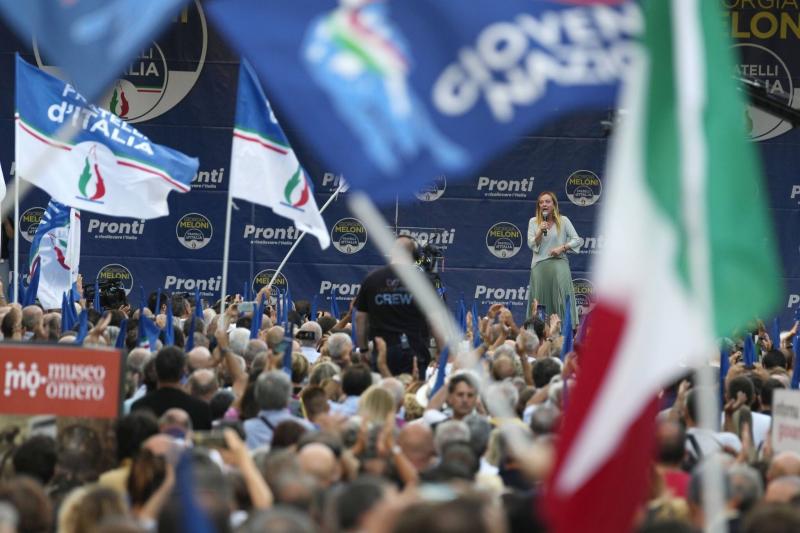Right-wing parties have swept the elections for the European Parliament, marking a social earthquake, not just a political one. A poll conducted on April 6 in 18 out of 27 EU countries revealed that populist right-wing parties have made significant gains, potentially occupying one in every five seats (22%) in the upcoming parliament, up from 18% in 2019 and less than 10% two decades ago.
A quick look at the countries in Europe where the right has surged and their success rates shows the following:
- In France, the National Rally party, led by Jordan Bardella, topped the results with over 31.5% of the votes, significantly ahead of President Macron's La République En Marche! (15.2%), according to polling estimates. The National Rally will thus secure 31 out of 81 seats.
- In Germany, the far-right Alternative for Germany party came second with 16 to 16.5% of the votes, behind the conservative Christian Democratic Union (29.5 to 30%). It surpassed the ruling coalition parties, the Social Democrats (14%) and the Greens (12%).
- In Italy, the far-right Brothers of Italy party, led by Prime Minister Giorgia Meloni, topped the results with 25 to 31% of the votes, according to various polls.
- In Austria, the far-right Freedom Party garnered 27% of the votes.
- In Spain, official results indicated that the right-wing People's Party, the main opposition party, secured 22 seats in the European Parliament compared to 20 for the Socialists led by Prime Minister Pedro Sánchez, while the far-right Vox party made gains with 6 seats.
- In the Netherlands, the far-right Party for Freedom, led by Geert Wilders, managed to increase its popular support.
What about the situation of Muslims there after the rise of the right? The answer is that there is a predicament that we must admit Muslims have contributed to by failing to present a different image than that offered by extremists, which has allowed the right to exploit the foolish actions of some, aiding their rise. This has led important politicians in the Netherlands, such as Geert Wilders, to clearly call for closing borders to Muslim migrants. In 2018, he proposed a bill to close mosques in the country, allowing a party like the Alternative for Germany to declare that "Islam does not belong to Germany" and is "incompatible with the constitution," asserting that "the country is threatened by Islamization." Matteo Salvini, leader of Italy's League party, claimed that Muslim immigrants spread "anti-Semitism" in his country, calling for action to counter what he termed an "Islamic Caliphate" in the continent.
Professor Kai Hafez, a media studies researcher at the University of Erfurt, confirms that these parties want to close Europe off and prevent immigration, stating they are "enemies of multicultural society." Hafez emphasizes that the rise of right-wing populists and extremists poses a danger to Muslims, as these parties and movements see Islam as their main enemy, predicting increased restrictions on immigration from Islamic countries and on religious freedoms as a consequence of their victories.
Isabel Schoppan, director of the Migration Policy Group, an independent organization based in Brussels, asserts that EU countries have witnessed a rise in xenophobic sentiments in recent years, coinciding with the rise of far-right parties. Schoppan considers that polling predictions indicating a rise of extremists in the European Parliament could affect the political balance in its new formation, potentially making it challenging to promote integration policies and respect for human rights.




